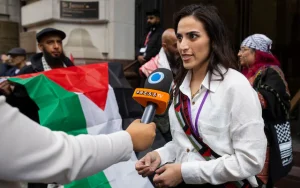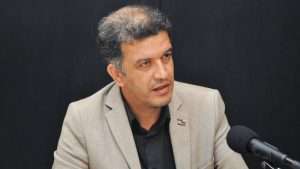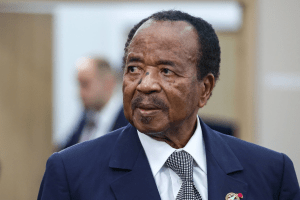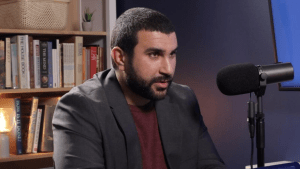Tunisia’s opposition party denounces “political” jailing of leader
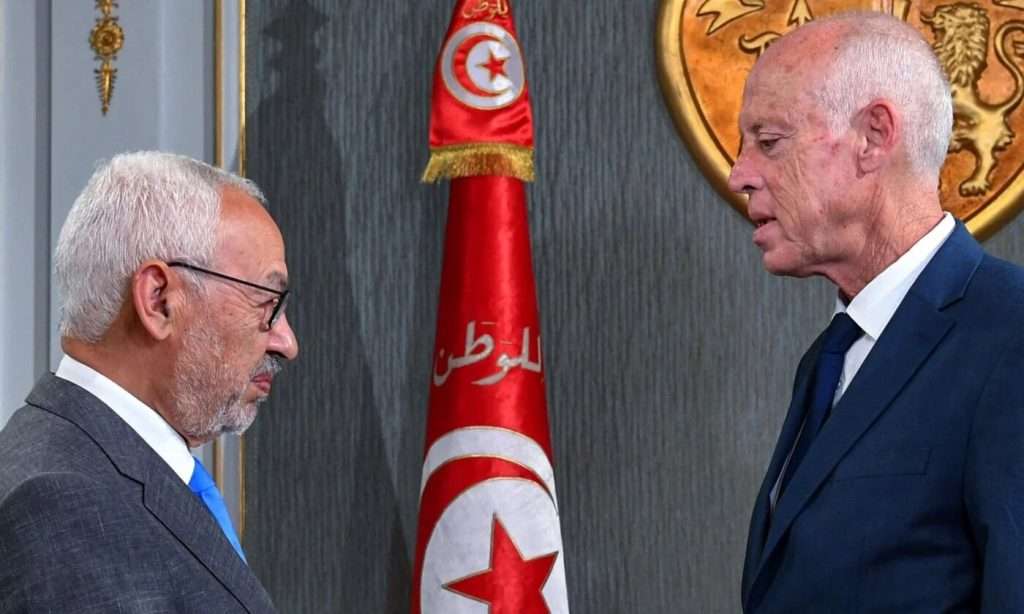
Tunisia’s opposition party Ennahda has lambasted the sentencing of its political leader Rached Ghannouchi to an additional 22 years of prison, as politically motivated trials continue in Tunisia.
According to Al-Jazeera on February 6th, Ennahda has published a statement calling the charges “a blatant assault on the independence and impartiality of the judiciary and a blatant politicisation of its procedures and rulings”.
The Islamist party describes proceedings impaired by “innumerable violations” saying the whole case is “nothing more than a political trial” that belongs to “a period that people sought to leave behind through their revolution” – an obvious reference to Ben Ali’s dictatorship.
Ghannouchi, the former speaker of the now dissolved Parliament, was arrested in April 2023 and first sentenced to one year in prison on charges of incitement. A lifetime opponent of the regime, the 83-year-old is one of the main rivals of President Kais Saied.
Last week already, he was sentenced to three additional years over the alleged financing of his party by foreign donors, an accusation Ennahda refutes.
This week, the court sentenced him to 22 years in prison on charges that included “plotting against State security”.
Ennahda is expecting further tougher sentences in the next months says former Tunisian minister and adviser to Ghannouchi Ahmed Gaaloul, calling the prosecution “a propaganda tool” for the regime amid the economic crisis.
“His discourse is that he’s bringing back the people’s wealth, that he is strong, but this has nothing to do with justice,” said Gaaloul, speaking about President Kais Saied.
He insists Ennahda will continue to challenge the procedures in international courts, a rare alternative left to political opponents in Tunisia.
Meanwhile Ghannouchi remains in good spirits despite insufficient medical attention says Gaaloul, and is refusing to appear in courts to protest the absence of an independent judiciary.
Despite its authoritarian leanings, the regime is backed by other governments that look no further than their interests in “security and stability”, Gaaloul regrets. “This did not work in the ‘80s and the ‘90s, and it will not work in this case”.
Al-Jazeera, Maghrebi.
Want to chase the pulse of North Africa?
Subscribe to receive our FREE weekly PDF magazine








